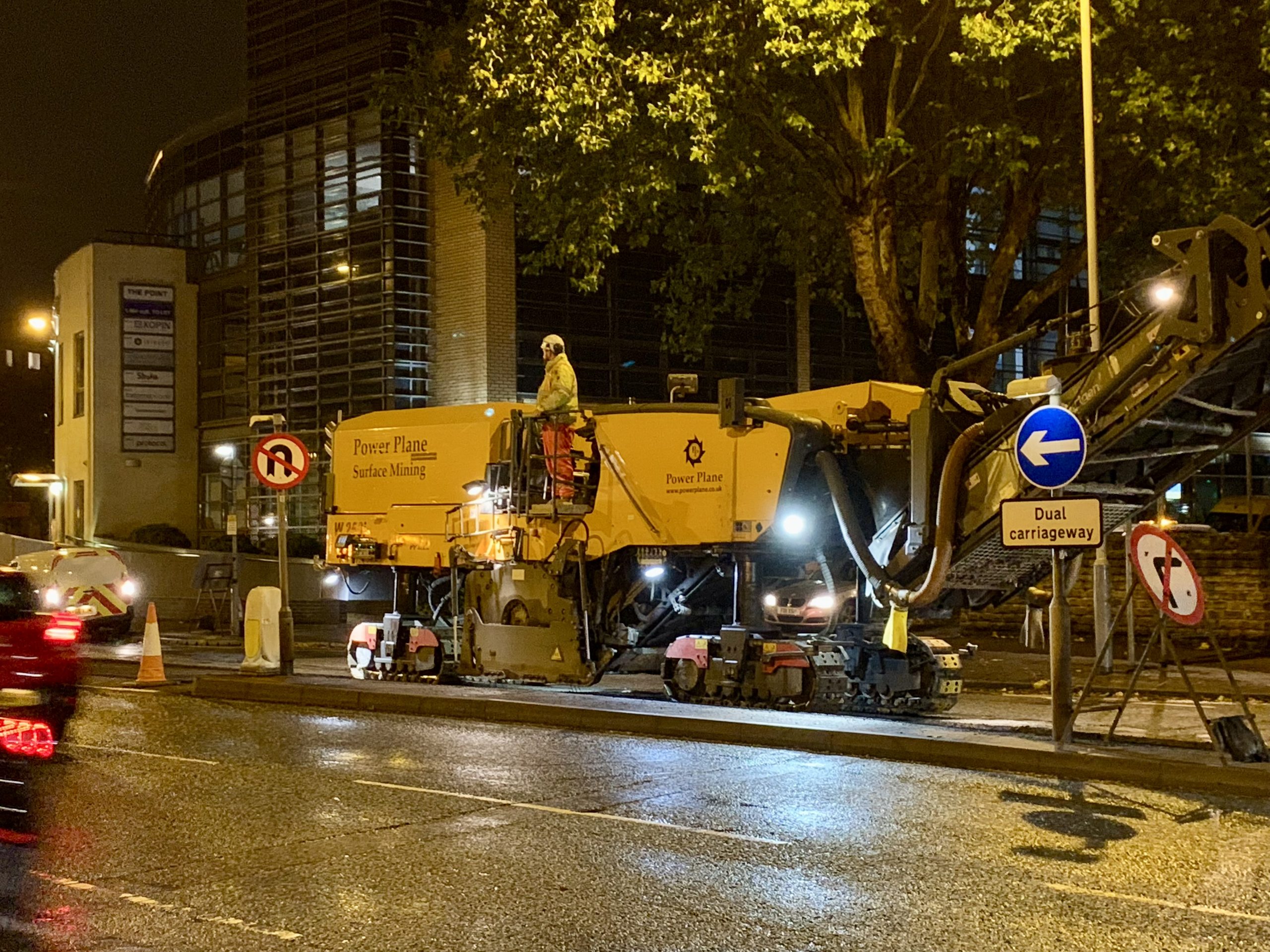Nottinghamshire County Council will move towards permanent road replacement repairs rather than filling in potholes as part of its plan to improve how it fixes the county’s roads.
It comes as the authority reveals the outcome of its cross-party highways panel. The body was set up in the spring by the Conservative administration to combat what it described as “the biggest issue on the doorstep” in May’s election.
The council has been criticised in the past for the state of the county’s roads, with more than 476,000 repairs conducted countywide in the past five years.
The panel brought in independent consultants WSP and sought a review from the Local Government Association to look at how it currently operates and find ways to improve.

It also spoke with other county councils to see how work was conducted elsewhere and whether any methods could be used in Nottinghamshire.
The panel, with representatives from all political parties, agreed on the recommendations from its meetings and will present a 12-page report next week.
One of the biggest criticisms of the council’s pothole repairs at present is that the same location can end up being repaired on several occasions.
But now the council wants to shift its focus and improve on its repair methods.
Assessments from WSP, an international highways consultancy firm, found the council will still need to continue its current Viafix treatments – a form of cold asphalt repair which fills in specific holes – to “protect the safety of road users”.
However, it adds the authority should be using other forms of repair which replace whole stretches of road where possible, with documents revealing plans to use new technology and invest in equipment to improve the quality of repairs.
Councillor Neil Clarke (Con), transport and environment committee chairman, says the authority will also begin to target unclassified side roads which “cause comment” from disgruntled residents.
He said: “We want to move to a right repair on the first time around, so we will be looking at long-term, permanent repairs as much as possible rather than short-term, quick fixes of just filling [potholes] in.
“We won’t be able to eliminate that entirely, but we want to get to a point where members of the public can see their roads are being properly repaired.
“It’s the unclassified roads, the side roads, that generally cause comment, and we want to emphasise far more on these.”
The authority will also be moving from a one-year to a three-year programme of capital investment in its highways.
The existing one-year system was found to be a “barrier to long term planning”, with Cllr Clarke hoping a three-year model will give residents more “certainty” on when their road will be repaired.
He adds there will also be more focus on communication and engagement with the public, with the three-year programme to show a timescale for planned road repairs.
He said: “It means we will be able to tell people when we’re repairing their roads. We won’t fully commit all timescales, but it will be a three-year programme.
“If we can tell them when their road is going to be repaired, even if it’s six or nine months down the line, at least they know. It gives them certainty and it will hopefully satisfy them.”
The council is also planning to create a “single brand” for its road repairs, but the name of this brand is yet to be decided.
At present, road announcements come from both the council itself and Via East Midlands, its current road contractor.
Cllr Clarke adds the council will work closely with utility companies – which regularly conduct gas or waterpipe roadworks – to ensure work is done to a high standard and roads are “reinstated in a good condition”.
But he stresses it’s not going to be an overnight change and residents should not expect to see immediate differences in the standard of the council’s repair work for a few months.
The plan is due to be reviewed by the Transport and Environment Committee on November 17.
It will then go before Policy Committee at the start of December with a recommendation to create a long-term Highways Improvement Plan, used to deliver all elements of the 12-page document.
This plan will be reviewed in the long term by the existing cross-party panel.








